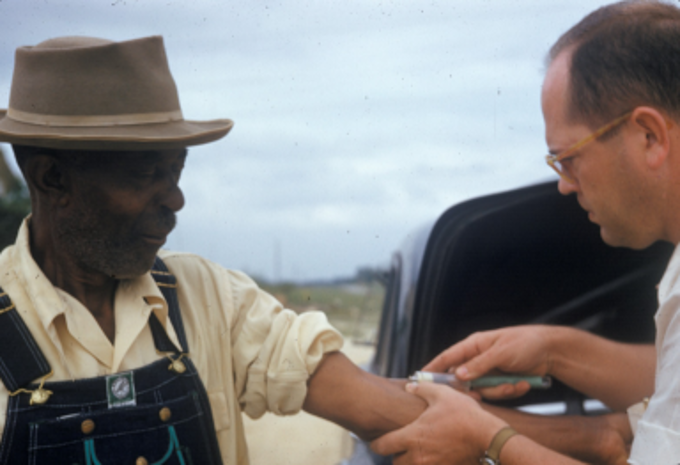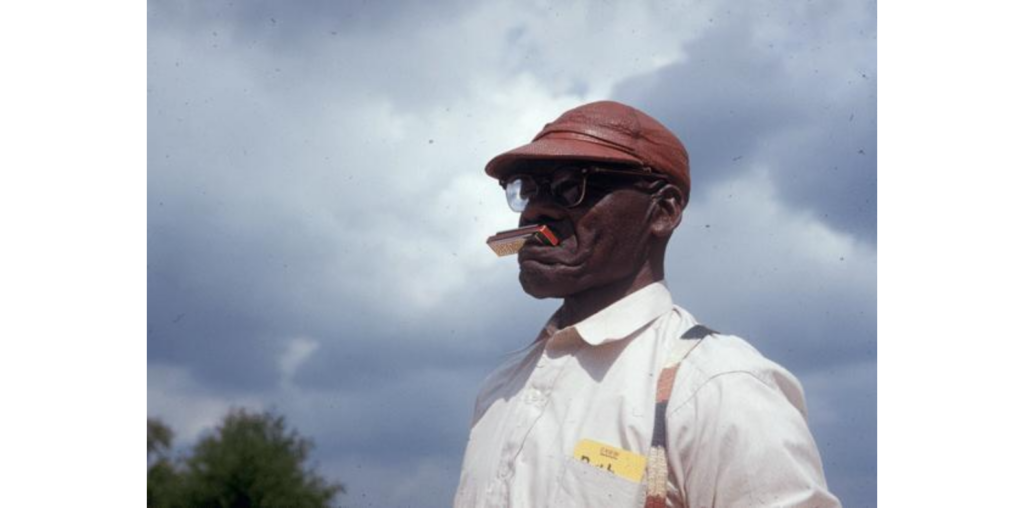
Black History is really 365, however February has been the focal month for many years. February is a great time to address the contributions of Black Americans. It is also a time to flashback to some of the obstacles that have occurred over the decades in the U.S. One of the most well-known, but often inaccurately recounted history, is the Tuskegee Study. Although people frequently can’t give details about the study, the lore of this atrocity has been passed down from generation to generation. The lingering impact of the Study was noted during the COVID-19 pandemic. The memory of the wrong was cited as a reason why Blacks were more reluctant to get the COVID-19 vaccine when it became available.
Tuskegee Study – A Few Facts
The term ‘Tuskegee’ is often raised as a metaphor for structural racism. In 1926 syphilis (sexually transmitted) was viewed as a major health problem. The Public Health doctors who devised and directed the Tuskegee Study accepted the mainstream assumptions about Blacks. A study of untreated syphilis seemed “natural” because the U.S. Public Health Service (USPHS) presumed the men would never be treated.
A few facts:
- Macon county, Alabama, 82% Black (study site).
- Many of the men were illiterate.
- The men/participants were not given or injected with syphilis. (399 had syphilis and 201 did not).
- The men were told they were being treated for ‘Bad Blood’.
- The men were not treated even when penicillin became available for treatment in 1945.
- The study was from 1932-1972.
- A 1972 newspaper article detailed narratives of the deception and relationship to the medical establishment.
The Tuskegee Study along with other instances have created a lingering distrust of governmental systems and health care institutions.
COVID-19 Vaccine, No Modern Day Tuskegee

In some respects, this is a different day. Although system racism abounds, studies like Tuskegee will not occur. Now there are safeguards in place: mandated informed consent, Institutional Review Boards, a National Commission for the Protection of Human Subjects, and ongoing review/revision. Additionally, there are watchful eyes, including Black Americans that have dedicated their lives to ensure this does not happen again.
Black History: Physicians & COVID-19 Vaccine
Black History Month is a time to celebrate the contributions of Black people. Black scientists and medical doctors helped develop and review the COVID-19 vaccines. One of the best known, is Dr. Kizzmekia Corbett who contributed significantly to the Moderna mRNA COVID vaccine. She served as the scientific lead for the COVID-19 mRNA vaccine research team at the National Institutes of Health (NIH). She was making waves in the lab, but also connected with our community. In the height of the pandemic, Dr. Corbett shared that being vaccinated with the COVID-19 vaccine was community service.
We also have Dr. James Hildreth, President of Meharry Medical College, who was on the Food and Drug Administration (FDA) Advisory Committee that reviewed data and made recommendations about the COVID-19 vaccines. Dr. Hildreth wanted to make sure that Black Americans had an opportunity to make an informed choice about the COVID-19 vaccine.
Given all that has transpired over the last 400 years, we have got to make sure that they [Black Americans] have a sense of agency, that they are empowered to make the decision themselves. The goal is to make sure that people understand as much as we can provide them: what vaccines are, how they work, what is and is not true about them.”
Dr James Hildreth, MarketWatch Interview
Tuskegee Study Impact?

Do you think that the Tuskegee Study still has an impact on Black people’s trust of the health care system?
Do you think it has an impact on the Black community being open to receiving the COVID-19 vaccine?
What do you think about the COVID-19 vaccines?
Interested in more….?
Colorado Black Health Collaborative (CBHC) will be hosting a discussion on February 28, 2024, at 5:30 pm. It will be at the CBHC office building, 3025 S. Parker Road, 1st floor conference room. ww.coloradoblackhealth.org